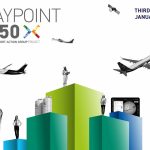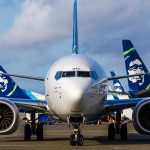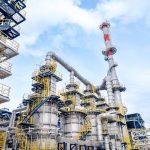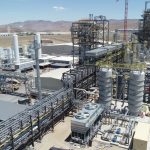The Lufthansa Group has introduced an environmental cost surcharge on all tickets issued from June 26 with departure from 1 January 2025 on flights from the 27 EU countries as well as the UK, Norway and Switzerland. The amount of the surcharge varies between 1 euro and 72 euros ($1.08 – $78), depending on the flight route. It is intended to partly cover “the steadily rising additional costs due to regulatory environmental requirements.” Specifically, Lufthansa cites the impact of the ReFuelEU sustainable aviation fuel statutory blending quota to be introduced for departures from EU countries from January next year, adjustments to the EU Emissions Trading System (EU ETS) and costs of the Carbon Offsetting and Reduction Scheme for International Aviation (CORSIA). Luis Gallego, the CEO of International Airlines Group (IAG), which owns British Airways, Iberia and Aer Lingus and other European carriers, has told The Times that EU mandated net zero targets and the switch to SAF will push up air fares and have a big impact on demand.
In a statement, Lufthansa Group said it was investing “billions in new technologies every year” and was working with partners on innovations to help make flying more sustainably, and had actively supported global climate and weather research for many years.
“However, the airline group will not be able to bear the successively increasing additional costs resulting from regulatory requirements in the coming years on its own,” it said.
The EU SAF blending quota starts at 2% from 2025, 6% from 2030, 20% from 2035 and 70% from 2050. “For the Lufthansa Group, this will lead to additional costs in the billions in the future,” said the group, which includes Lufthansa, SWISS, Austrian Airlines, Brussels Airlines and Eurowings.
SAF accounted for around 0.2% of the group’s total fuel requirements in 2023, which it says makes it one of the largest SAF customers worldwide.
IAG’s Gallego, reported The Times, said the cost of compliance with the EU’s “demanding” targets could make European airlines less competitive and decarbonisation should be done in a consistent way worldwide that did not jeopardise European aviation.
IATA Director General Willie Walsh has already warned the SAF cost premium would lead to higher air fares. At its recent AGM in Dubai, IATA reported SAF production could rise to satisfy 0.53% of global demand for jet fuel in 2024 at a cost of $3.75 billion to airlines, representing an additional $2.4 billion to what it would cost to purchase the same quantity of conventional jet fuel. It estimated CORSIA-related costs would account for a further $600 million in 2024.
Photo: Lufthansa Group













More News & Features
SAF One announces new investment and technology partners for Middle East SAF project
New studies confirm minor flight re-routing to avoid contrails would have major climate benefits
New initiative formed to accelerate SAF adoption and production in the Pacific Northwest
EcoCeres opens new Malaysia production facility as SAF ambition in Asia scales up
Aviation, shipping and fuel leaders convene in Rotterdam to accelerate sustainable fuels scale-up
EU SAF mandates will have to be revised, predicts French oil chief